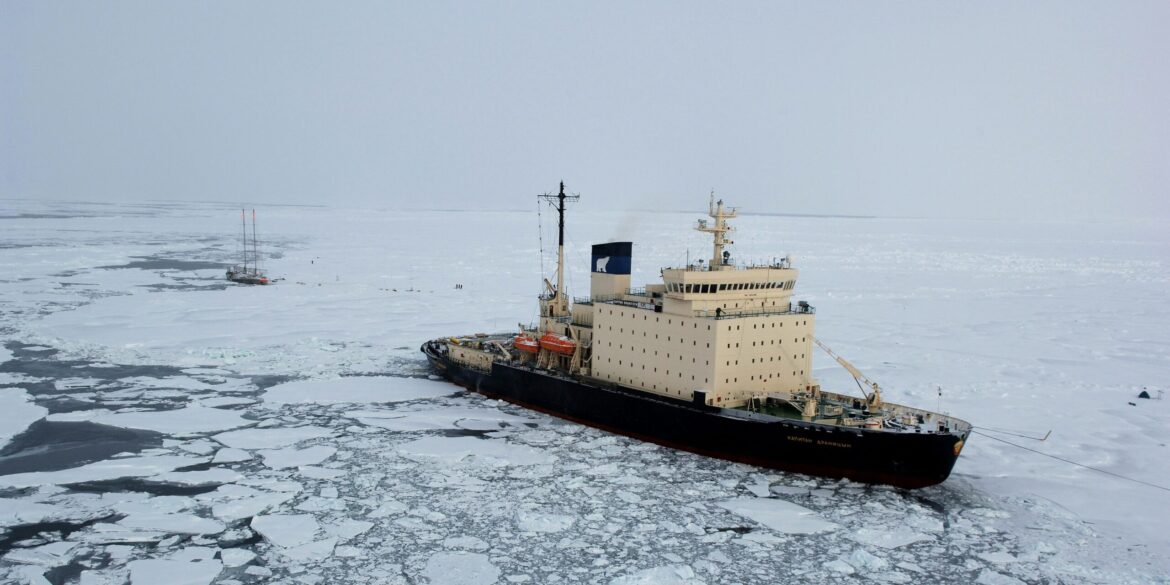The U.S. Department of Defense (DoD) has announced it will cease processing and distributing satellite data from the Defense Meteorological Satellite Program (DMSP) by July 31, 2025. This data has been instrumental for decades in monitoring sea ice levels, a key indicator of climate change. The decision has raised alarms among scientists worldwide, who warn that the loss of this information could significantly hinder global climate research and forecasting capabilities.
A Vital Data Stream Ends
The DMSP satellites have provided continuous data on sea ice extent and concentration since 1979. This information feeds into the National Snow and Ice Data Center’s (NSIDC) Sea Ice Index, a widely used resource for tracking polar ice changes. The cessation of this data stream threatens the continuity of a long-term record essential for understanding trends in Arctic and Antarctic ice cover.
Dr. Walt Meier, a senior scientist at NSIDC, expressed concern over the impact of this decision. “Sea ice data acts as an early warning system for global heating,” he said. “Losing the continuity of this record could hinder climate modeling and our ability to respond to climate change.”
Implications for Climate Research
Sea ice plays a crucial role in regulating Earth’s climate by reflecting sunlight and insulating the ocean. Its decline accelerates global warming and contributes to sea-level rise. The loss of DMSP data could compromise the accuracy of climate models and early warning systems for global warming indicators.
Recent studies have linked record low levels of Antarctic sea ice to increased iceberg calving, a process that can accelerate sea-level rise. The absence of reliable satellite data hampers the ability to monitor these changes effectively.
Challenges in Finding Alternatives
The NSIDC is exploring alternative data sources, including higher-resolution instruments from other satellites. However, experts warn that differences in sensor data pose challenges in maintaining consistency. “We will end up with a robust and quality record that users can have confidence in,” Meier noted, “but there will be some degradation in the consistency of the long-term record.”
The transition to new data sources may also introduce uncertainties in estimates of trends, affecting projections of ice sheet behavior and the development of climate policies.
Broader Concerns and Reactions
The decision to halt DMSP data sharing comes amid broader concerns about reductions in climate-related services and staffing shortages at federal agencies. Critics argue that such moves undermine essential climate monitoring at a critical time.
Environmental advocates emphasize the importance of maintaining comprehensive and consistent climate data. “This could not have come at a worse time,” said Dr. Alex Fraser of the Australian Antarctic Program Partnership. “We are seeing records now year on year in Antarctica.”
The DoD has cited cybersecurity concerns and the obsolescence of the DMSP satellites as reasons for discontinuing the data. A U.S. Navy spokesperson confirmed the decision, stating that the program no longer meets information technology modernization requirements.
Looking Ahead
As the scientific community grapples with the loss of this critical data source, efforts are underway to integrate alternative datasets and ensure the continuity of sea ice monitoring. The situation underscores the need for sustained investment in climate observation infrastructure and the importance of international collaboration in addressing global environmental challenges.

